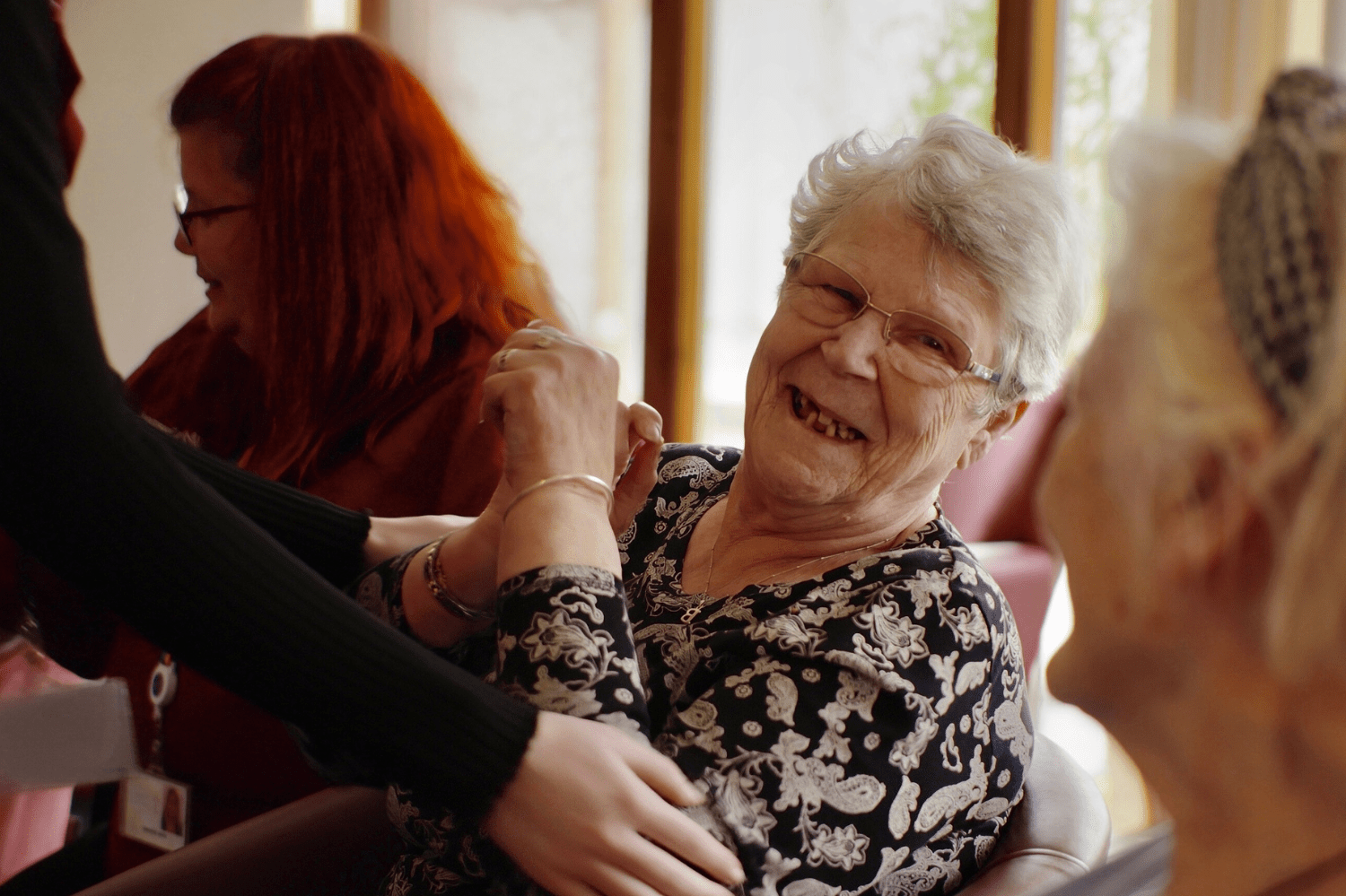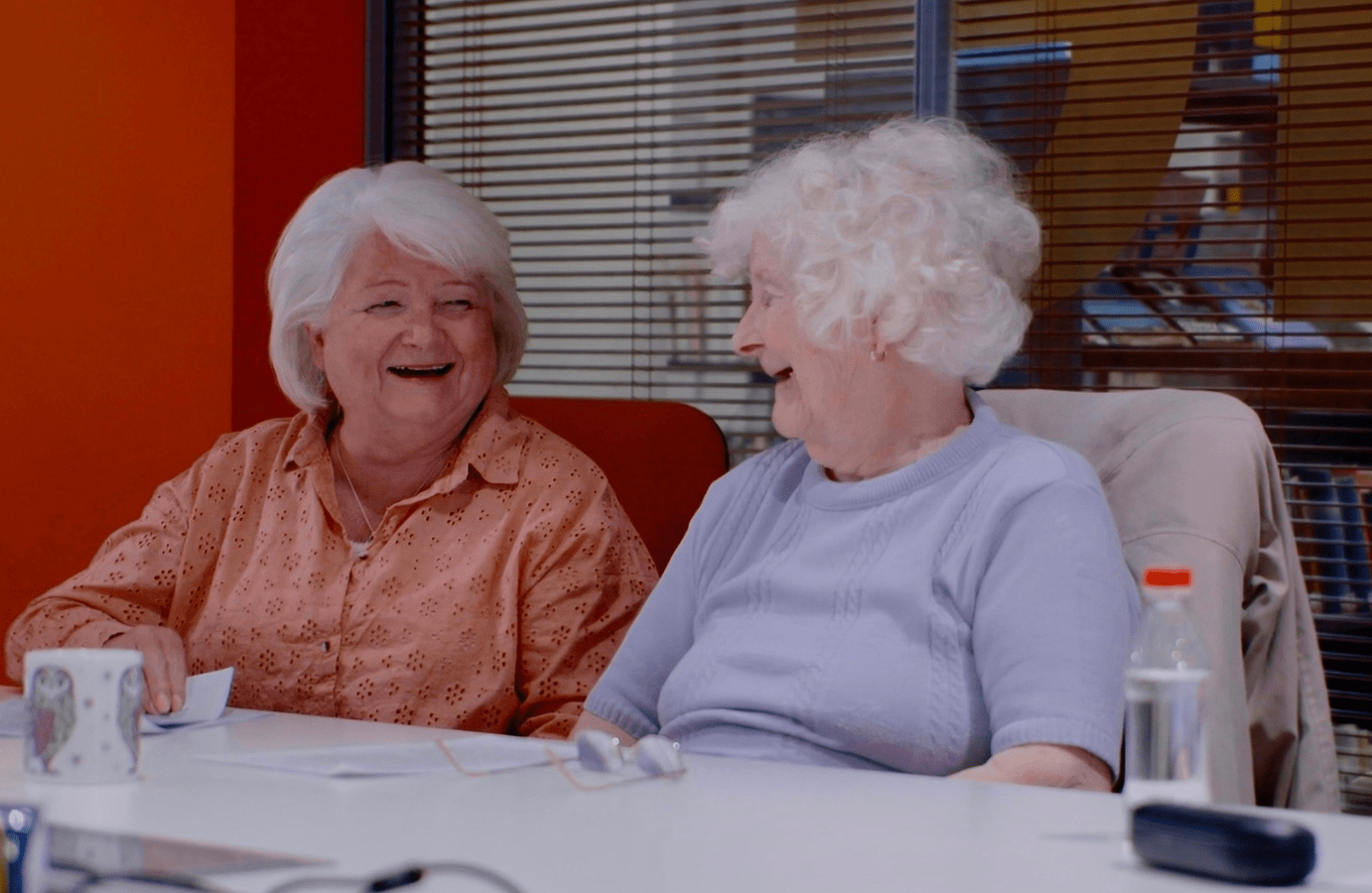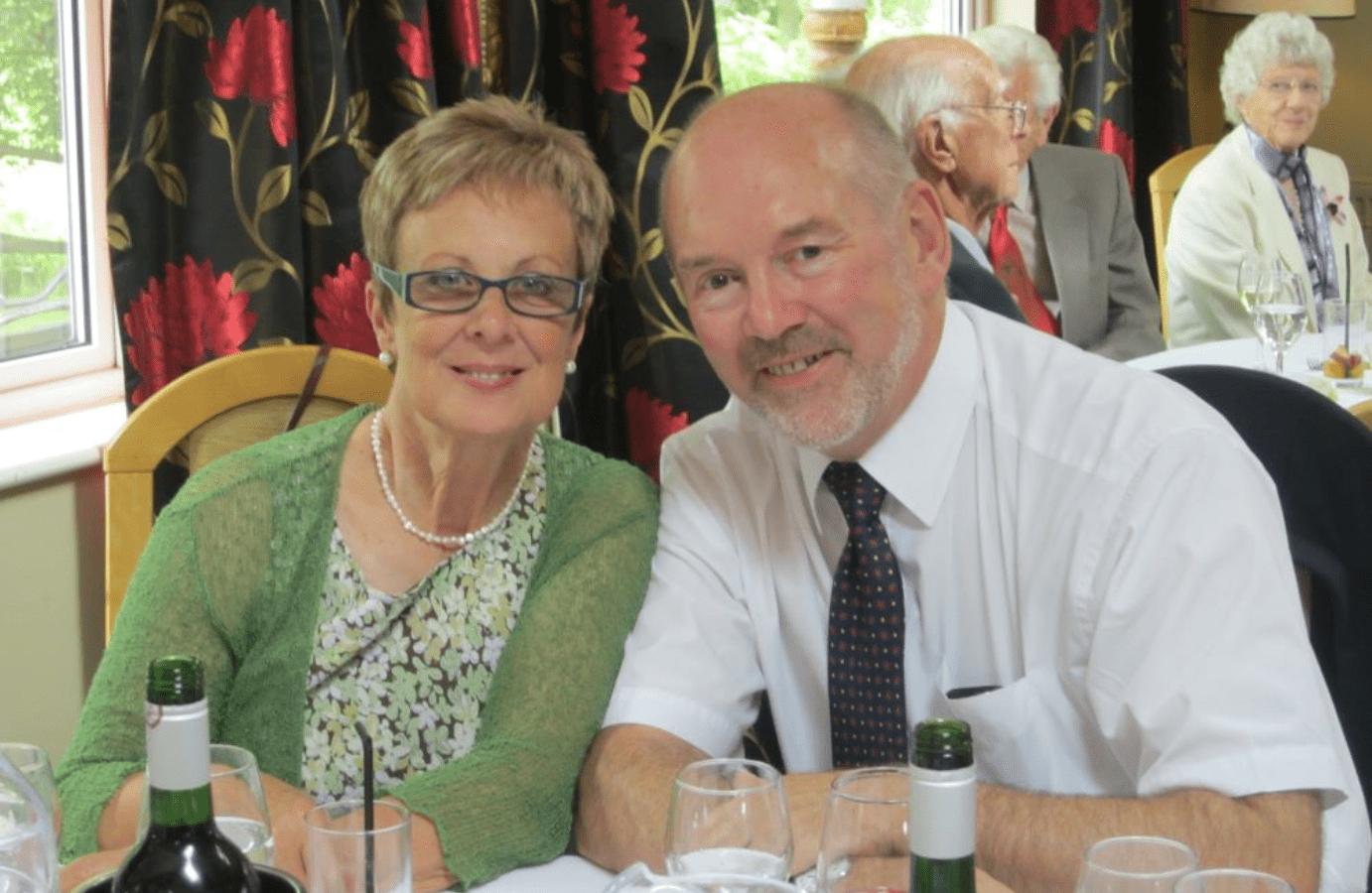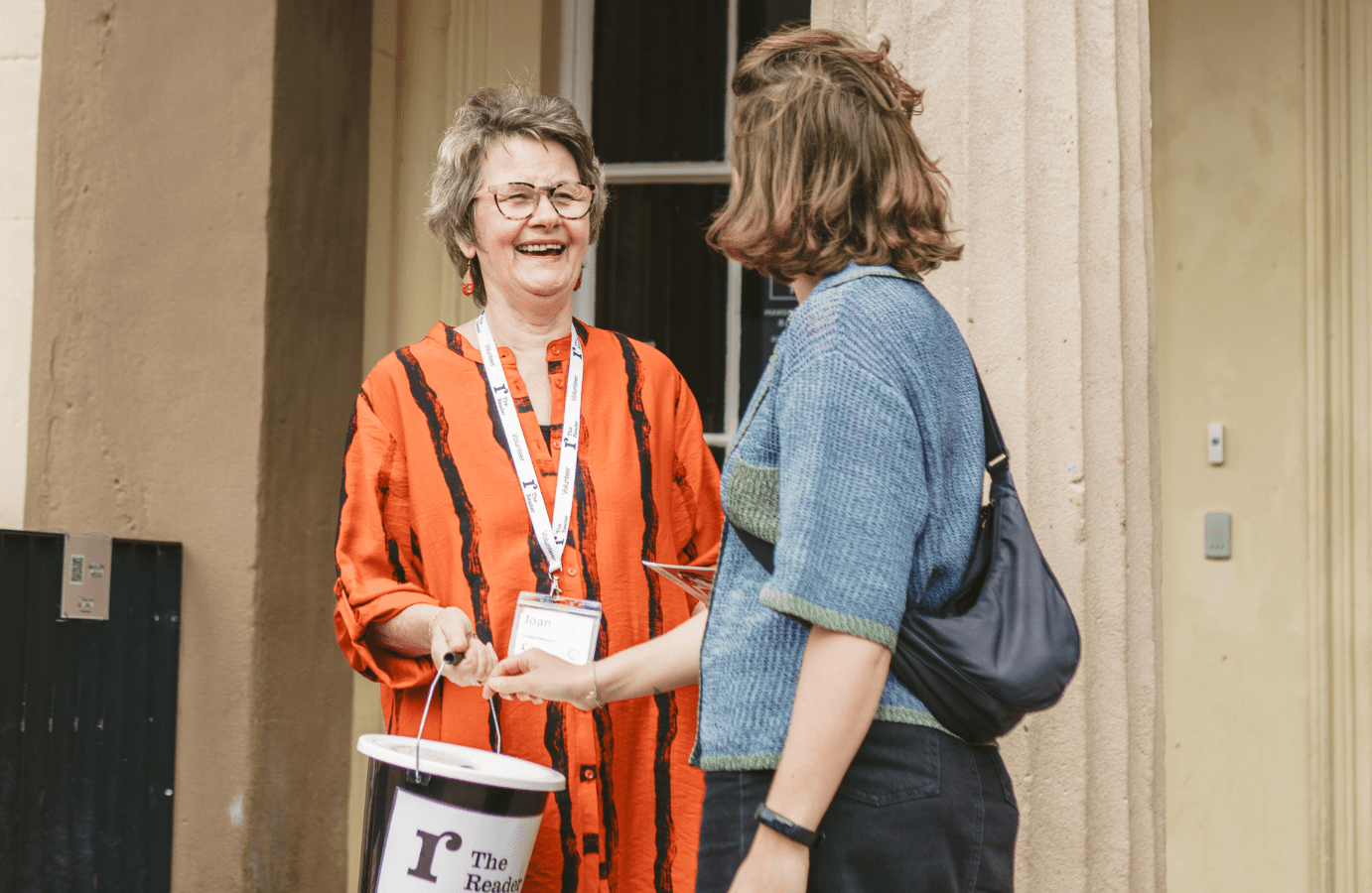One in three people will develop dementia in their lifetime.
This Christmas, we’re using your donation to recruit, train and support volunteers, work in partnership with other services to expand our reach, provide resources, and create even more opportunities for helping those living with dementia.
Shared Reading and Dementia
Dementia is the UK’s biggest health and social care crisis – 1.4 million people are expected to be diagnosed by 2040.
The research paper Quality of Life Benefits of Shared Reading Groups for People Living with Dementia shows how Shared Reading can significantly improve quality of life by helping people with dementia connect to themselves, and those around them.
Through a growing network of partnerships with support services and care homes, The Reader is working to reach people at all stages of progression, from early intervention in the community to more advanced onset in acute care wards.
Shared Reading creates a space where everyone’s voice is valued and respected.
‘For one patient, it was as if the poetry unlocked a part of her that the dementia was keeping hidden away’
Dementia Ward Occupational Therapy Assistant.
The difference you'll make
£3 could provide reading materials and resources for one Shared Reading session.
£10 could support our recruitment costs for new volunteers.
£25 could fund one Shared Reading group session for people with dementia and their families.
£40 could pay for four volunteers to travel to their groups for a month.
£100 could fund a Shared Reading group for people with dementia for a month.
£580 could train a volunteer group leader to deliver a new weekly Shared Reading group.
Evaluation of our Shared Reading groups by researchers from The University of Liverpool, showed the following outcomes:
-
86%
improved mood
-
87%
greater concentration
-
73%
increased social interaction
-
86%
less agitation
Donate to make a difference to the lives of people living with dementia.
Research, spanning over a decade, shows that Shared Reading is an effective non-medical activity that improves mental health and alleviates loneliness by building connection. The Reader has been reading with people with memory loss since 2006, creating safe, calming and stimulating spaces for people to connect to themselves and those around them.
Participation in a Shared Reading group provides space for personal interaction and care home staff have reported that following groups, residents appear less agitated, contribute in new ways, and even sleep better when groups have taken place.
Other ways you can help...
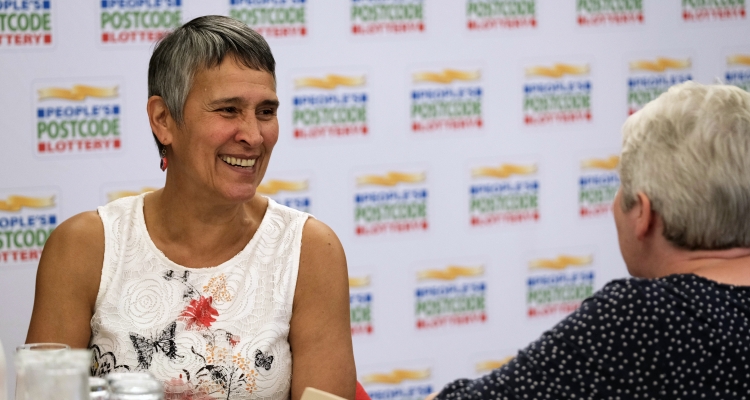
Fundraise for us
Thank you for choosing to fundraise for The Reader – by supporting us you’re helping to keep Shared Reading free,...
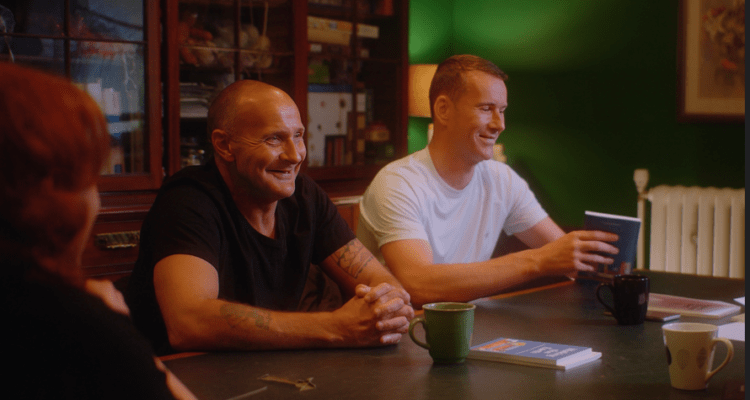
Find a group
Shared Reading is for free and for everyone. Groups happen across the UK -- find one near you with our...
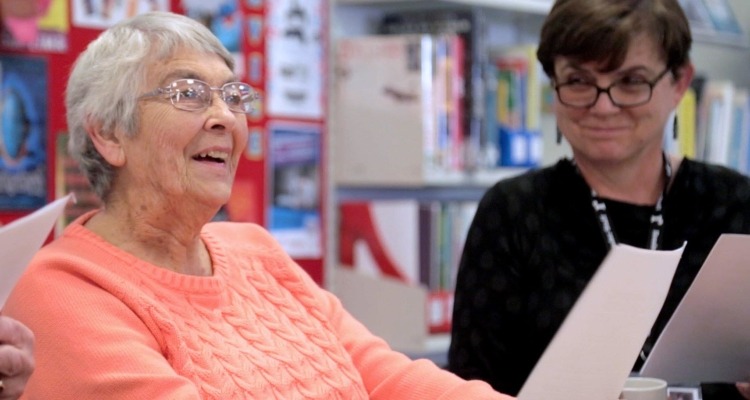
Become a Volunteer
You don’t need to be from a certain walk of life or be a literature expert to volunteer with us....
